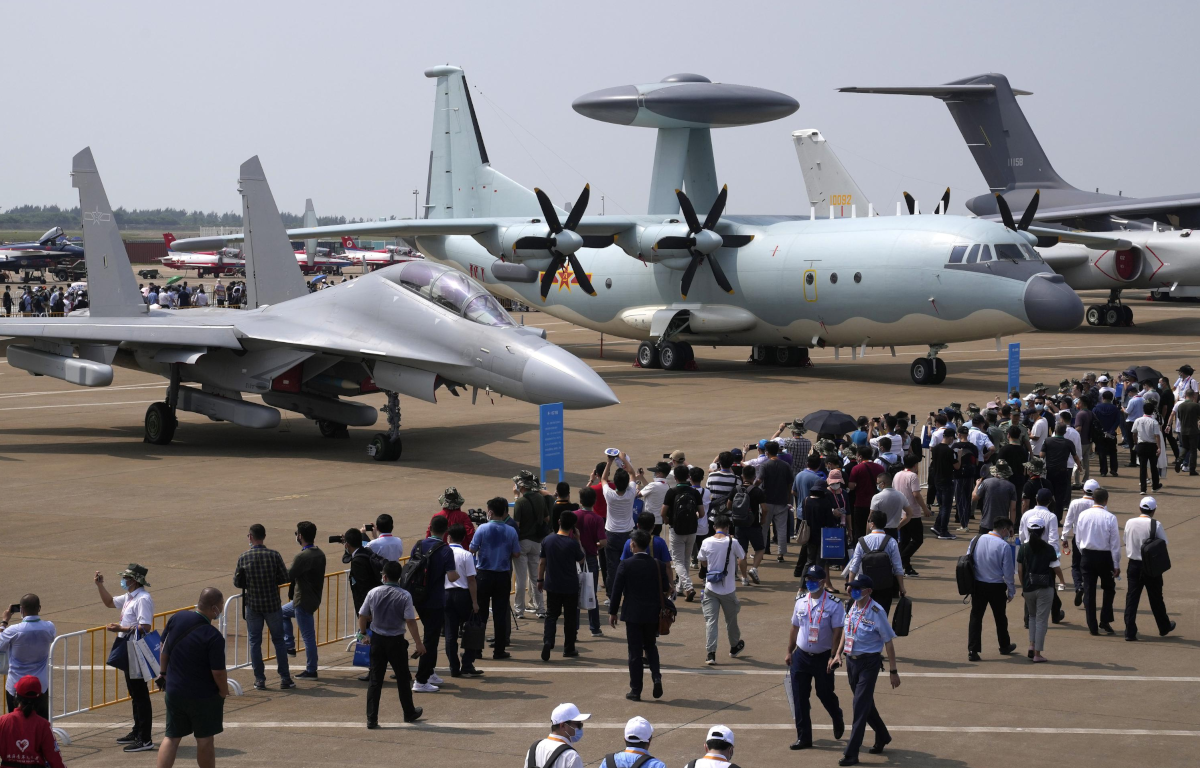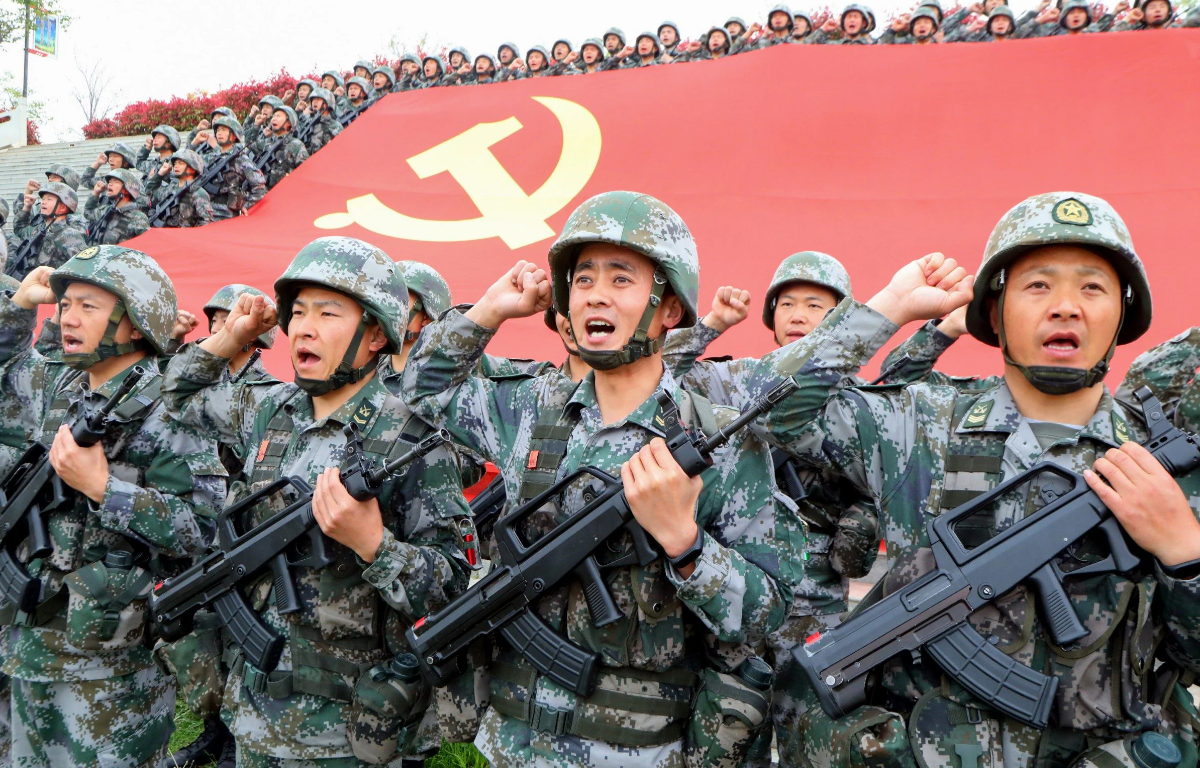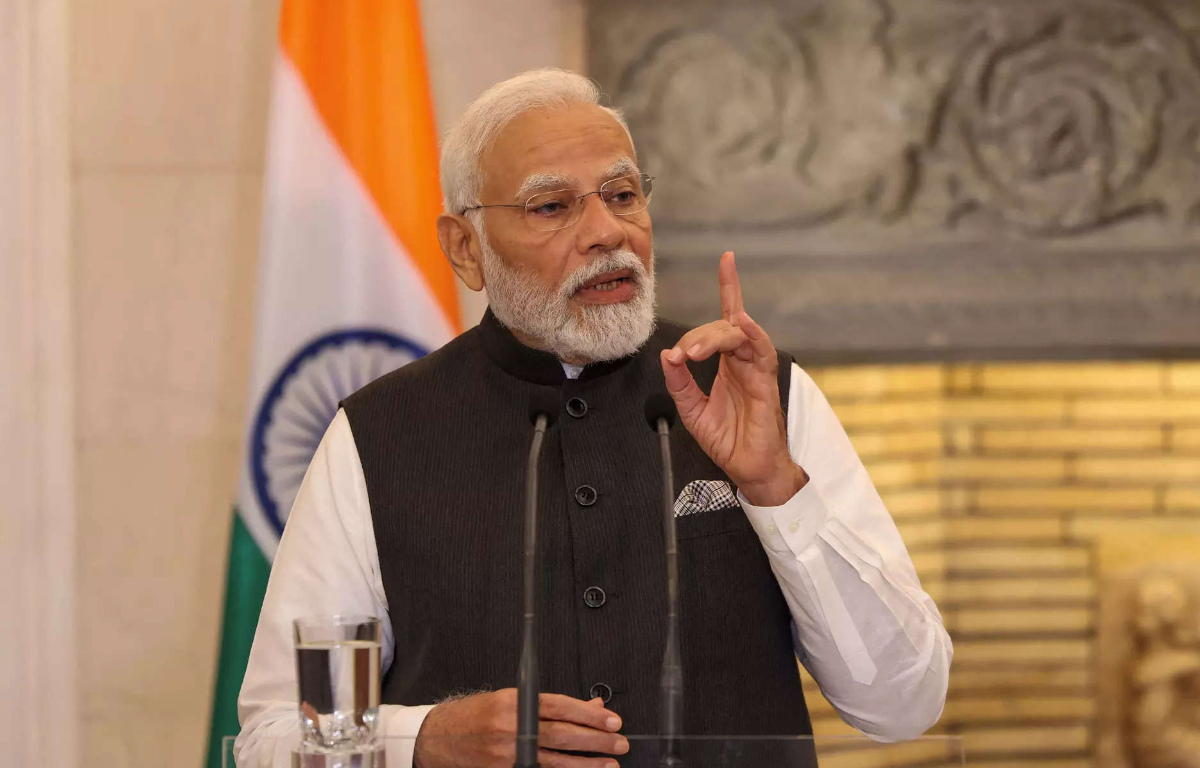
Cheng Lei, an Australian journalist and television anchor with China’s state-run CGTN, was detained by Chinese authorities in August 2020. Her detention raised concerns and led to an international outcry. Cheng’s arrest was shrouded in secrecy, with details about the charges against her being kept confidential. Such opacity in China’s legal system has been a persistent issue, making it difficult for foreign governments and human rights organizations to advocate for detained individuals.
Cheng Lei’s case garnered attention from various quarters, including the Australian government, her family, and international press freedom organizations. Australian officials consistently raised her detention with their Chinese counterparts, demanding due process and a fair trial. Cheng’s family launched a public campaign for her release, highlighting her dedication to journalism and her family’s anguish over her absence.
Australian authorities’ persistence and the international community’s scrutiny played a crucial role in securing Cheng’s release. Diplomatic efforts and behind-the-scenes negotiations were vital in achieving this positive outcome. Cheng Lei’s return underscores the importance of governments and international organizations actively advocating for the rights of journalists working abroad.
Cheng Lei’s story is a stark reminder of the challenges that journalists face when reporting from countries with limited press freedoms. China, in particular, has faced criticism for its treatment of foreign journalists and its strict censorship policies. While it’s crucial to respect the laws and regulations of the countries journalists report from, it’s equally important to ensure their rights are upheld, including access to legal representation and a fair trial.
The case of Cheng Lei also raises concerns about the potential use of detained foreign journalists as leverage in diplomatic disputes. In an increasingly interconnected world, it is essential for governments to maintain open lines of communication and seek diplomatic solutions to such issues rather than resorting to the detainment of journalists as a bargaining tool.










Share this: